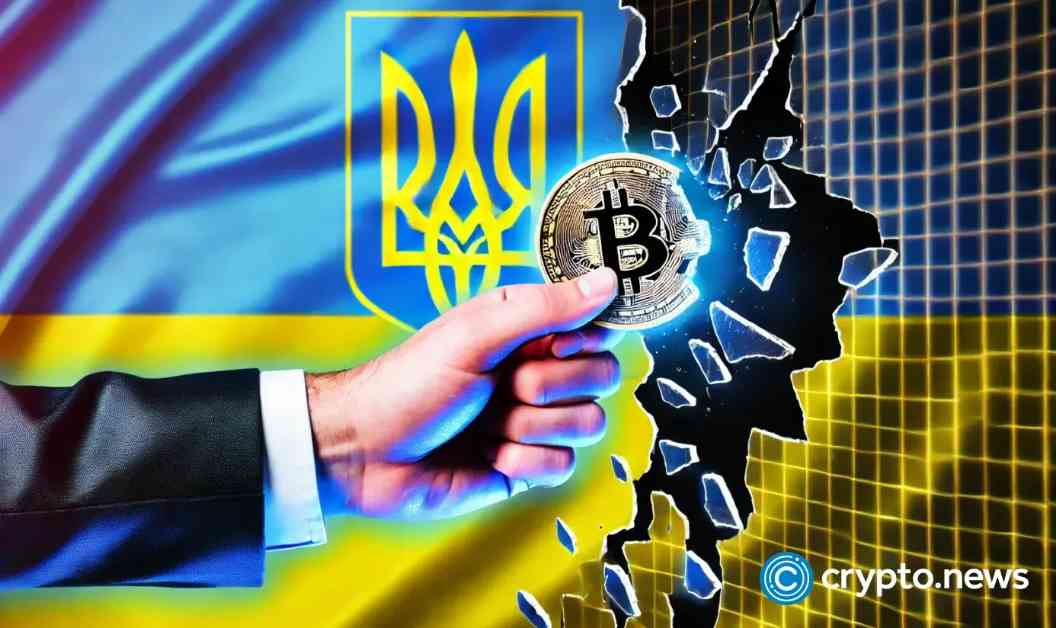Deputy Prime Minister of Russia, Alexander Novak, recently gathered senior officials to discuss the ban on cryptocurrency mining in occupied territories of Ukraine in order to conserve electricity. The decision to implement this ban is aimed at ensuring a smooth operation in the event of power shortages, especially with the heating season approaching.
The ban will specifically target cryptocurrency mining in certain areas, including the occupied regions of Donetsk, Luhansk, Zaporizhizhia, and Carson in Ukraine. Additionally, parts of Russia such as Siberia and the North Caucasus will also be included in the ban. This move comes as a part of Russia’s efforts to manage energy consumption and prioritize the availability of electricity for essential needs.
In Siberian regions like Irkutsk, Buryatia, and Zabaikalsky, the restrictions on mining will be seasonal, starting from December 1, 2024, to March 15, 2025. This seasonal restriction will continue annually from November 15 to March 15 until 2031. However, the North Caucasus and the occupied territories will face a complete halt on crypto mining from December 2024 until March 2031, with no exceptions for seasonal operations.
President Vladimir Putin’s recent signing of new crypto regulations on November 1 has paved the way for these decisions. The regulations allow for crypto mining under strict oversight and establish experimental frameworks for cross-border cryptocurrency payments. Furthermore, domestic crypto transactions have been prohibited to maintain economic stability in the country.
Apart from the mining restrictions, Russia has also made changes to its tax regulations concerning cryptocurrency. Income generated from mining will now be taxed based on its market value at the time of receipt, with provisions for deducting operational expenses. While transactions involving cryptocurrency will not be subject to value-added tax, profits will be taxed under a securities tax framework with a maximum personal income tax rate of 15%.
In addition to these measures, Russia is planning to set up a national cryptocurrency exchange in Moscow and St. Petersburg. This move reflects Russia’s dual approach to regulating digital assets while simultaneously addressing energy challenges within the country. The ban on mining in occupied Ukrainian regions further indicates Russia’s efforts to assert control over local resources, which could potentially escalate existing geopolitical tensions in the region.

